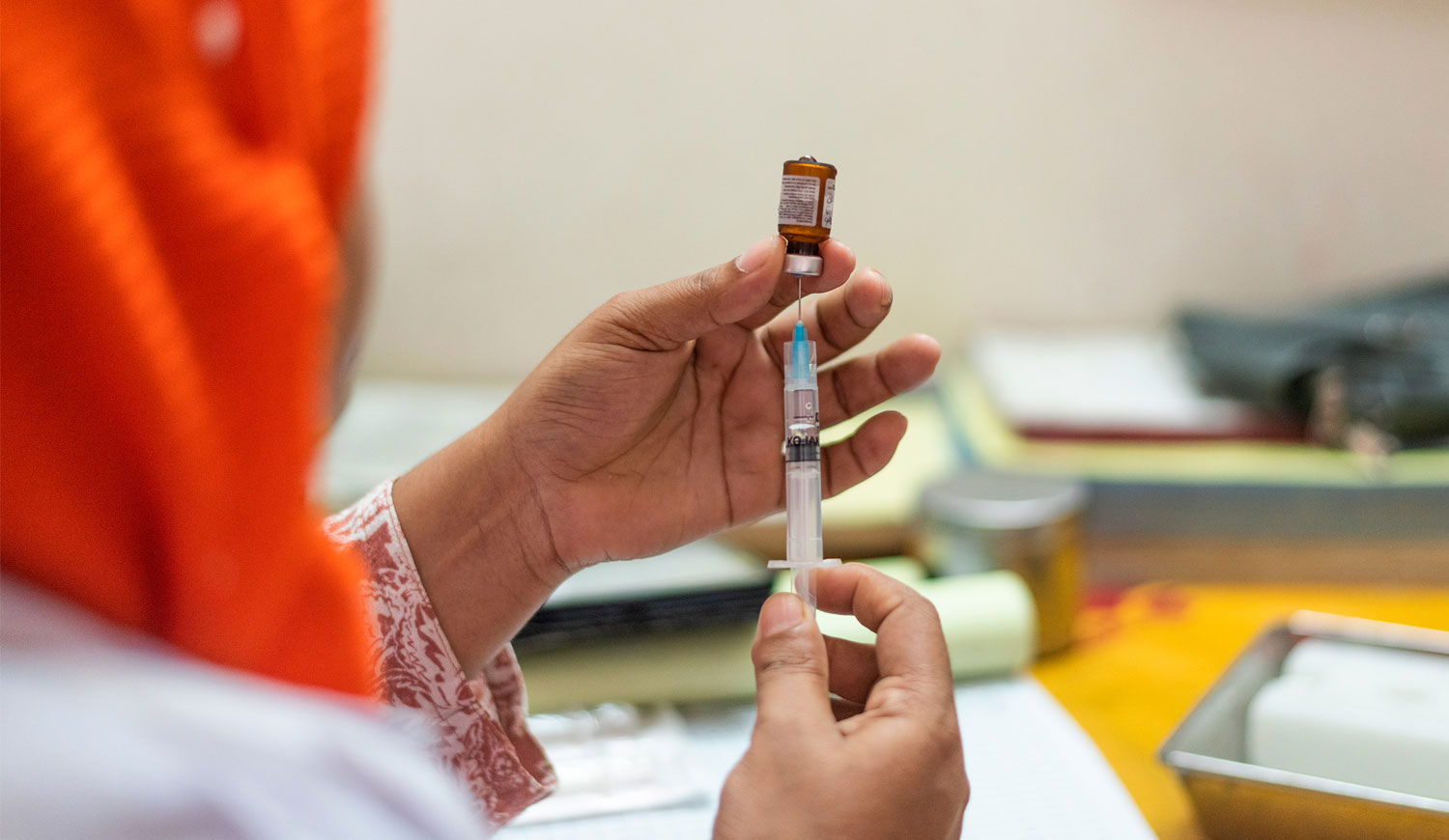Unlocking real-time data to address global challenges

An estimated 850 million people globally lack formal identification (ID), which makes it incredibly hard to verify that critical services are reaching the people they are meant for. For governments, international development organisations, and local NGOs, this presents a very real challenge for practitioners – how can we verify that critical services and resources (such as vaccines, humanitarian aid parcels, and mosquito bednets) are reaching target populations?
This uncertainty is exactly what Simprints is tackling through its biometric solutions in seventeen low- and middle-income countries across the globe. As a non-profit technology social enterprise, Simprints stands out from the crowd with its mission-driven approach, which has seen it open-source its technology and publish a Responsible Biometric Deployment Handbook all in the past year.
Simprints has found that there has been a particularly great need for the verification of service delivery in the health sector. Healthcare is a universal human right which everyone should have access to. However, communities worldwide are missing out on the continuity of healthcare and life-saving services that are meant for them because they have no safe, reliable, mobile form of ID.
In Ethiopia, Simprints has been working to address neglected tropical diseases as a technical assistance provider of Operation Sight (which provides sight-saving eye surgeries for individuals suffering from trachoma trichiasis) and Geshiyaro (a community-wide mass drug administration project to interrupt transmission of schistosomiasis infection).
Powerful impact of Simprints technology
In a recent impact assessment of Operation Sight, it was found that biometrically searching for patient records was 8x more efficient than manual name search. This means that eye-care workers are empowered to use their time efficiently, allowing them to better serve their patients and communities, and for patients, their waiting time was reduced.
In Ghana, Simprints has begun to verify the new malaria vaccine amongst children using biometrics solutions designed for reaching communities at the last mile. The malaria vaccine requires four separate and accurately timed rounds in order for individuals to be fully protected. Simprints is providing a service that enables healthcare workers to be alerted when a patient is overdue, or almost due, for their next vaccination. Again, this empowers frontline health workers to serve their communities efficiently and proactively, and ultimately to maximise vaccination coverage and reduce the number of children dying from malaria.
While there is a great demand for the verification of health services, an increasing number of international development organisations are seeking systems to provide accurate and transparent data for monitoring the distribution of humanitarian aid and resources. Through its work to date, Simprints sees the potential for our functional ID in this sector.
Learn more
Watch our Simprints and Ghana Health Service Impact film:


